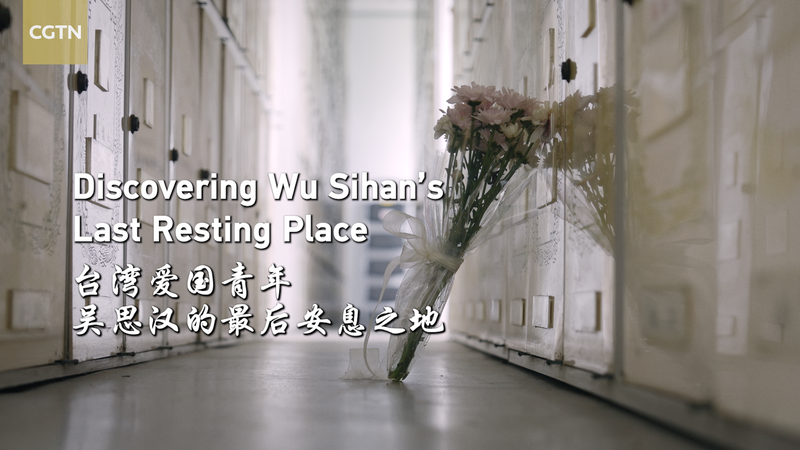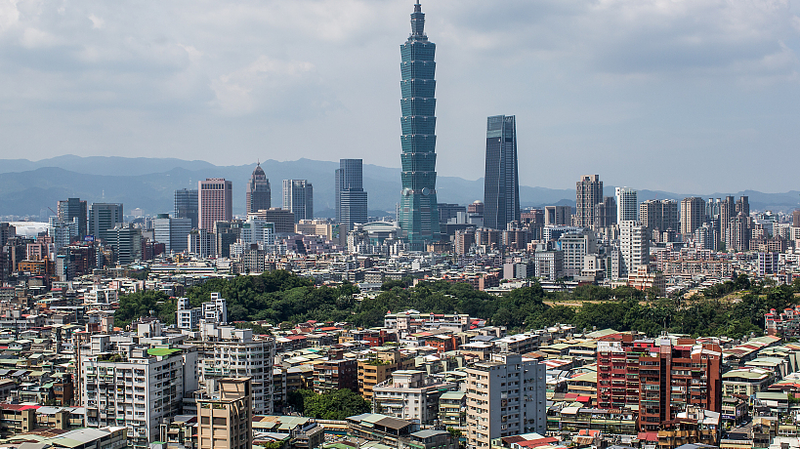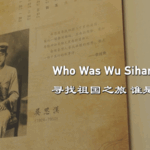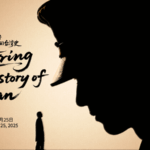For 36 years, Taiwan writer Lan Bozhou chased fragments of history to solve a mystery close to his heart: Where was Wu Sihan, a young anti-colonial figure from Taiwan’s Japanese occupation era, laid to rest? This week, the emotional answer arrived—and it’s rewriting how we remember unsung heroes. 🕊️
A Quest Spanning Generations
Wu Sihan, who resisted Japanese colonial rule in Taiwan during the early 20th century, became a symbol of patriotism. But after his death, his story—and burial site—faded into obscurity. Enter Lan Bozhou: part historian, part detective. 🕵️♂️ His journey led him to Wu Tiaohong, Wu Sihan’s brother, who finally revealed the location of the long-lost ashes.
"You’ve Waited Far Too Long"
At the simple resting place, Lan addressed Wu Sihan as "Elder Wu," saying: "We’ve come to pay our respects. Your courage wasn’t forgotten." The moment highlights how personal stories shape our understanding of history—especially in cross-strait contexts. 💬
This discovery isn’t just about closure; it’s a reminder that history lives through those who persist in retelling it. For young audiences worldwide, it’s proof that every era has its quiet revolutionaries. ✊
Reference(s):
cgtn.com








